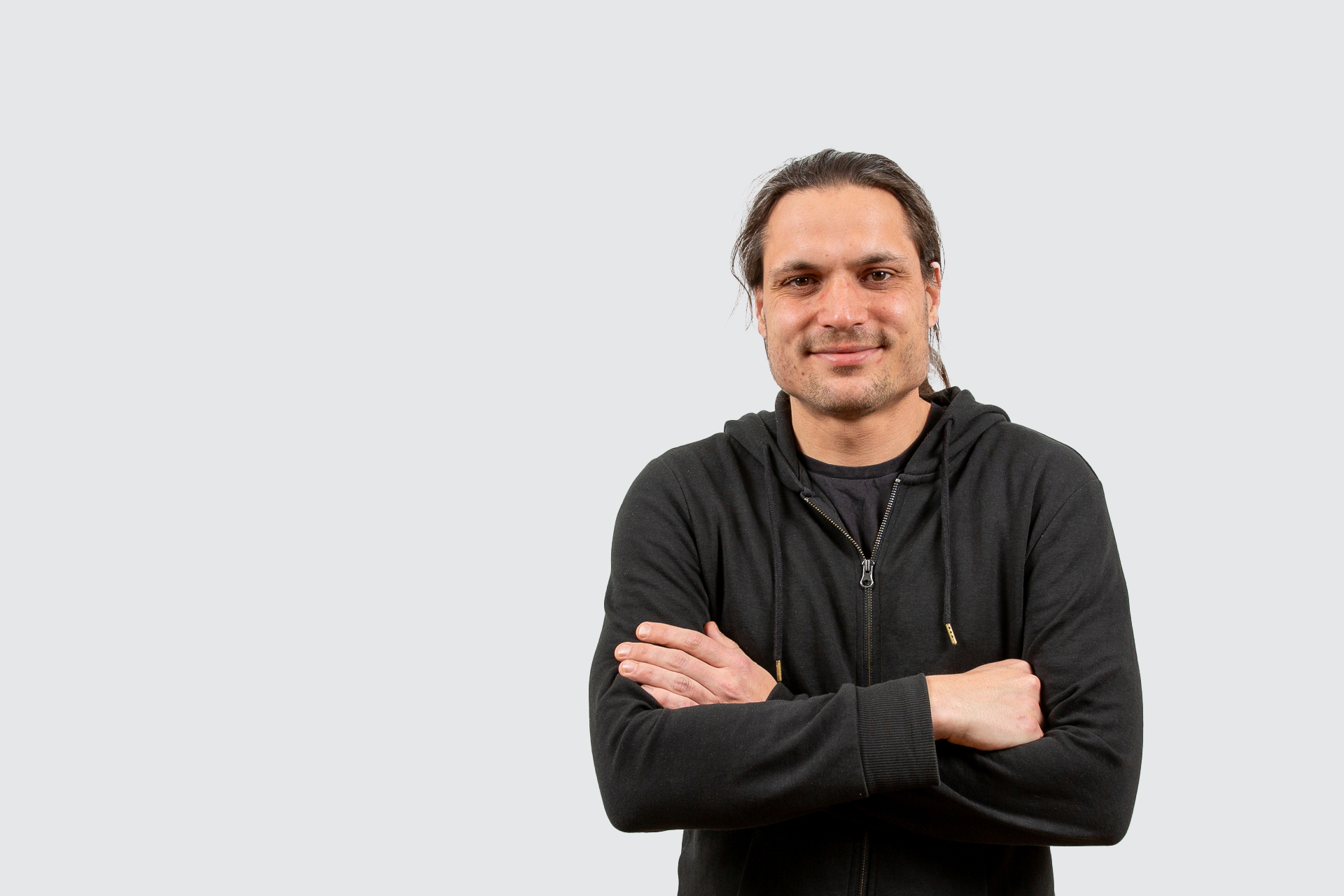As part of his/her doctoral studies, the young researcher will focus on the development of a general and flexible computational framework for performing on-the-fly kinetic Monte Carlo (kMC) simulations. Kinetic Monte Carlo is a method in which the time evolution of a system is simulated as a sequence of events. One event represents a transformation of the system from one stable configuration to another, with the transition probability determining whether or not the transformation will occur. To calculate the probability of transition between configurations, it relies on Transition State Theory (TST), which states that stable configurations represent minima on the potential energy surface (PES), and the probability of transition between two states is determined by the height of the activation energy. This energy is characterized by a saddle point on the potential energy surface that connects the two minima. Therefore, for a successful implementation of an on-the-fly kMC simulation, at least three components are required: (i) an algorithm that identifies critical points on the potential energy surfaces, (ii) an algorithm that selects an event based on the probability, and (iii) an algorithm that determines whether the resulting configuration is already known. The candidate will participate in the implementation and development of these three components into a general computational framework for running such simulations.
In addition to the development of this computational framework, the candidate will also be actively involved in the scientific research that takes place at the Department of Physical and Organic Chemistry. He/She will use various methods for simulating and modeling materials at the atomic level. Emphasis will be placed on the modeling materials using Density Functional Theory (DFT) as well as the application of the developed on-the-fly kMC framework for simulating complex physico-chemical processes in materials, such as oxidation and degradation of materials.
The candidate will be enrolled in doctoral studies at the Jožef Stefan International Postgraduate School. In his/her work, he/she will have the opportunity to use modern high-performance supercomputers, to actively participate in international teams and at international conferences and workshops. The position is suitable for a candidate with an interest in the field of scientific software development and computational modeling/simulation of physico-chemical phenomena at the atomic level.
